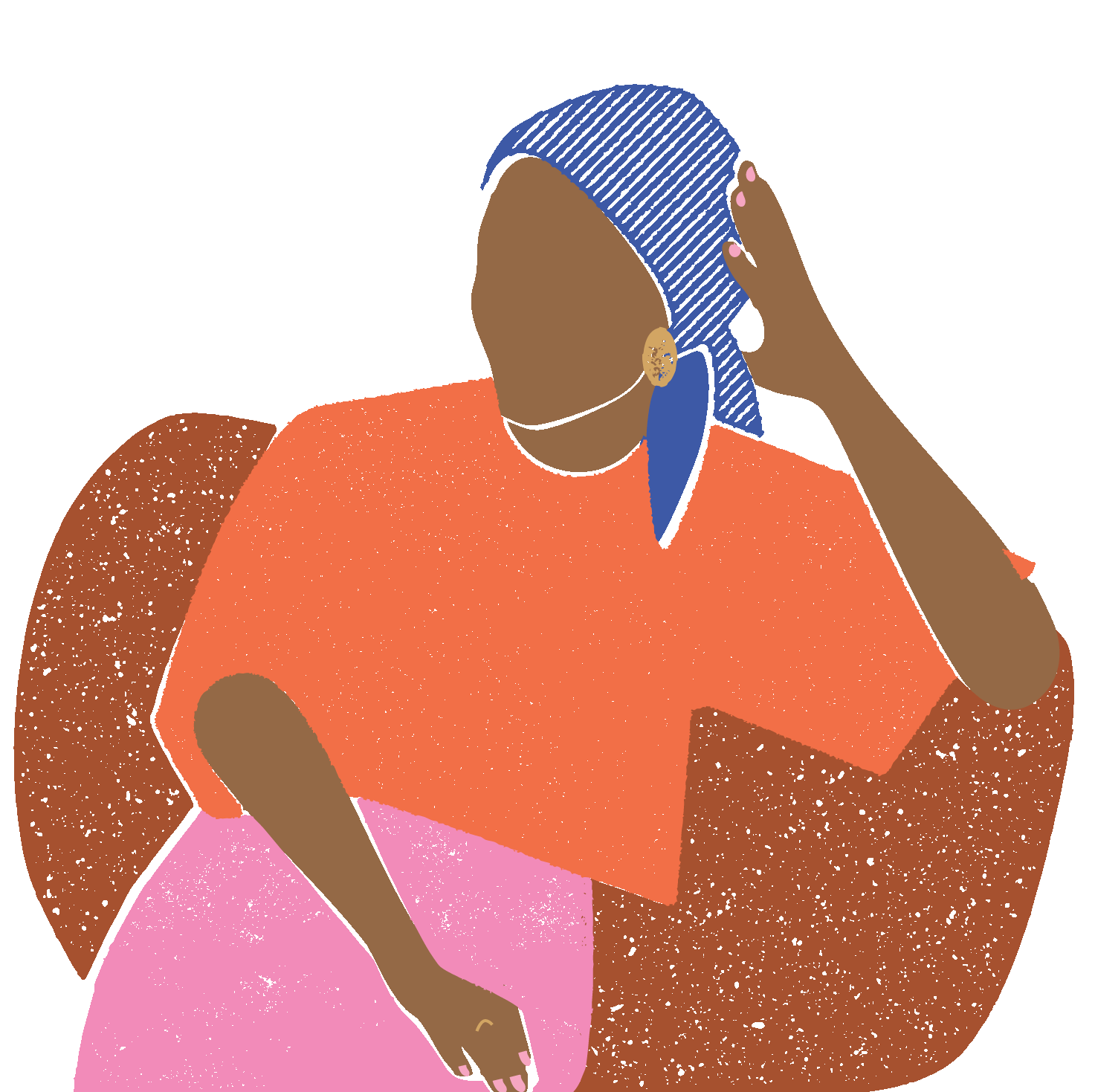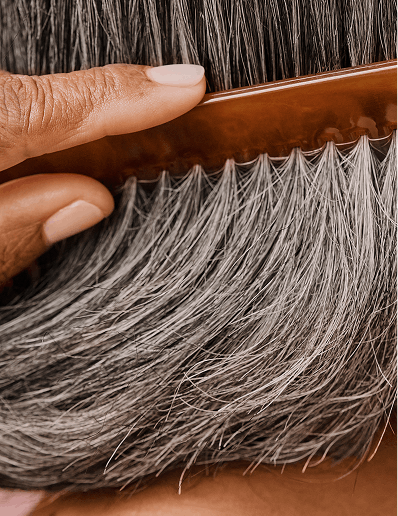EASY AS 1,2,3
Ready For Relief?
Midi is accepted by major insurance plans and offered by employers in all 50 states.
Join your Midi clinician for a virtual visit. You’ll discuss your health history, symptoms, and goals, and get your questions answered.
Relief is on the way! Your Midi clinician will design a personalized, holistic Care Plan, and support your progress every step of the way.












